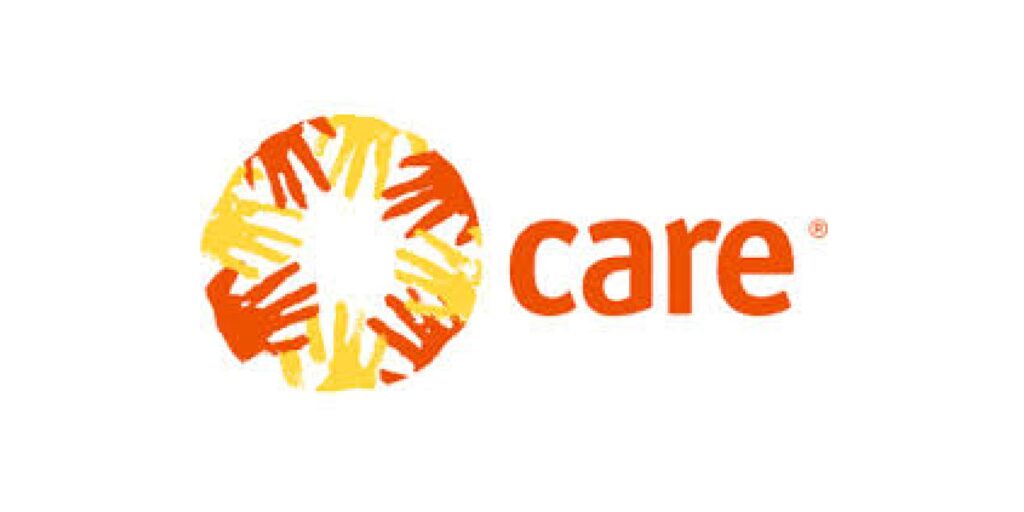
Baseline Evaluation of Supporting Transition, Retention and Training for Girls (START4Girls)
The CARE “Supporting Transition, Retention and Training for Girls (START4Girls)” project is undertaken with the financial support from the Government of Canada, provided through Global Affairs Canada. CARE International in Zimbabwe is responsible for direct project implementation in partnership with the Cody Institute in Canada, Ministry of Primary and Secondary Education and the Ministry of Higher and Tertiary Education. The project lifespan is four-years, from February 2020 to March 2024.
The ultimate goal of the START4Girls project is to improve attendance, retention, completion and transition rates of adolescent girls and young women, including those with disabilities, across secondary education and vocational training in fragile, crisis-affected communities of Zimbabwe. It targets girls aged 12-22 in Mutare and Buhera districts, which are both characterized by arid/semi-arid conditions and recurrent droughts that hinder livelihoods and economic stability. In times of economic crisis, the coronavirus pandemic and food insecurity, girls’ access to and continued enrolment and engagement in secondary education is at risk. When parents prioritize educational expenses of boys, withdraw girls to help support productive activities or arrange for girls to enter into early marriage, adolescent girls and young women are more likely to become school dropouts and teenage mothers.
The objective of the START4Girls is to reduce the prevalence of harmful gender norms and socio-economic barriers (e.g., early marriage, transactional sex, teenage pregnancy) exacerbated by the crisis in Zimbabwe that prohibit girls’ sustained engagement in secondary education and/or training by strengthening the agencies and capacities of girls, and the broader education ecosystem that supports them. The underlying theory of change is: if girls and young women increase their opportunities and uptake of relevant educational and vocational training pathways, then it will improve their capacity to generate sustainable income and make informed life choices that ultimately contribute to poverty reduction.
